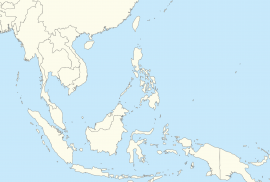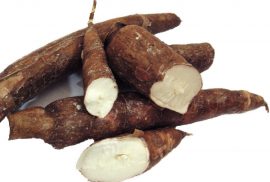SEATIDE (Integration in Southeast Asia: Trajectories of Inclusion, Dynamics of Exclusion) is an EU FP7-funded project that will make use of a field research based approach to study processes of integration and exclusion in Southeast Asian (SEA) countries. Led by the Ecole francaise d’ Extreme-Orient (EFEO), it will benefit from the resources and expertise of major Asian Studies institutions in SEA and Europe, as well as the unique EFEO network of 10 field centres located in SEA.
- Main scientific objective
Integrative processes offer the promise of economic and cultural development, the free movement of people, the promotion of citizenship and knowledge networks with extensive links with the wider world. At the same time, failure to take advantage of these benefits can result in processes of exclusion that undermine national/regional frameworks, and entail risks in the fields of human development/security, including the danger of framework disintegration. In examining these processes, SEATIDE s research will be informed by an awareness that dynamics of exclusion should be studied in tandem with dynamics of inclusion to produce holistic analyses of integrative processes and their contemporary forms, which take into account long-term local perspectives.




